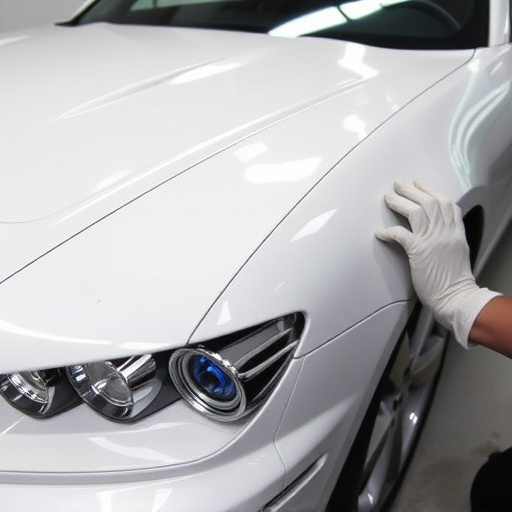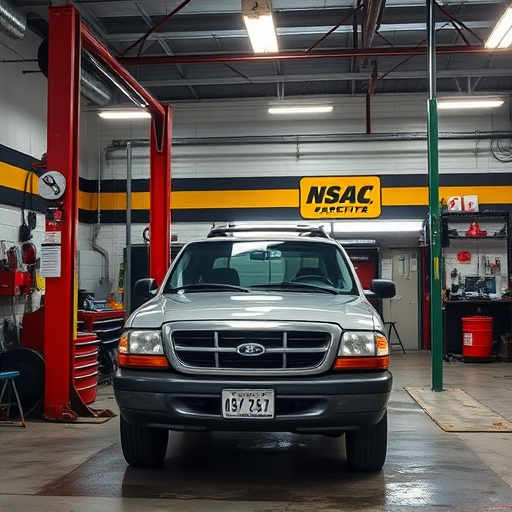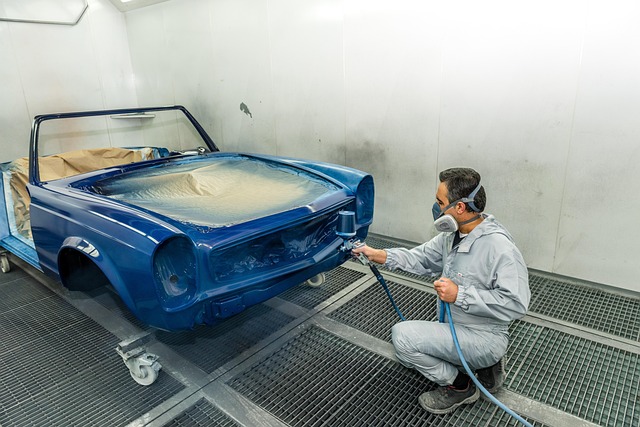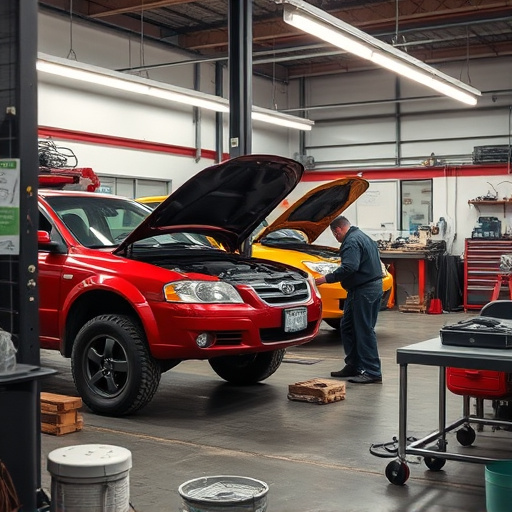The Environmental Protection Agency (EPA) imposes strict regulations on EPA compliant body shops to safeguard worker health and the environment. Compliance involves proper waste management, employee training, record-keeping, equipment upgrades, and audits by authorized entities. Implementing real-time reporting systems streamlines operations and enhances transparency in these shops. Audits are crucial for verifying EPA adherence, sustainable practices, and high safety standards, contributing to a greener automotive industry.
In today’s environmentally conscious landscape, real-time reporting and auditing are crucial for ensuring EPA compliance in body shops. This comprehensive guide delves into the essential practices and systems required to maintain strict environmental standards. From understanding complex EPA regulations specific to body shops to implementing user-friendly real-time reporting tools and establishing robust auditing protocols, this article equips business owners with actionable strategies. Discover how these methods not only facilitate compliance but also foster a culture of sustainability and safety within your EPA compliant body shop.
- Understanding EPA Compliance Standards for Body Shops
- Implementing Real-Time Reporting Systems: A Step-by-Step Guide
- Auditing Processes to Ensure Environmental Protection and Safety
Understanding EPA Compliance Standards for Body Shops

The Environmental Protection Agency (EPA) sets stringent standards for EPA compliant body shops to ensure proper handling and disposal of hazardous materials used in automotive repairs. These regulations are critical for protecting both the environment and the health and safety of workers. For any car collision repair or vehicle collision repair facility, understanding and adhering to these guidelines is paramount.
Compliance involves a comprehensive approach to managing waste, including proper segregation, storage, and disposal of materials like lead-based paints, solvents, and other toxic substances commonly found in car bodywork repairs. Shops must implement effective training programs for employees, maintain meticulous records, and ensure equipment is up-to-date to meet these strict standards. Regular audits by authorized entities further reinforce accountability and adherence to the EPA’s guidelines.
Implementing Real-Time Reporting Systems: A Step-by-Step Guide

Implementing real-time reporting systems in an EPA compliant body shop is a strategic move that streamlines operations and enhances transparency. The process begins with assessing the current workflow, identifying key stages where data capture is essential, such as job intake, materials usage, and final inspection. Next, choose a suitable software platform designed for automotive repair environments, focusing on features like digital job cards, inventory management, and emission tracking.
Once selected, integrate the system into existing infrastructure, ensuring seamless data flow between staff, shop management, and even fleet managers for comprehensive oversight. Train employees on the new system, emphasizing its role in facilitating accurate EPA compliance, efficient auto glass repair, and effective fleet repair services. Regular reviews and updates are crucial to adapt to changing regulations and industry standards, maintaining a competitive edge in the market for autobody repairs.
Auditing Processes to Ensure Environmental Protection and Safety

In an EPA compliant body shop, auditing processes are a critical component of ensuring environmental protection and safety. These rigorous checks involve verifying that all procedures adhere to stringent environmental regulations set forth by the Environmental Protection Agency (EPA). This includes meticulous documentation of every step in the collision repair services and auto maintenance process, from waste management to the handling of hazardous materials. By maintaining comprehensive records, EPA compliant body shops can demonstrate their commitment to sustainable practices and minimize potential environmental impacts.
Regular audits also serve as a proactive measure against non-compliance. They allow for the identification of any gaps or areas needing improvement in their operations. Skilled auditors scrutinize equipment, disposal methods, and worker training protocols to ensure they meet the required standards. This continuous auditing process fosters an environment of accountability, where collision repair shops consistently maintain high safety and environmental stewardship standards, ultimately contributing to a greener and more sustainable automotive industry.
Real-time reporting and auditing are indispensable tools for maintaining EPA compliance in body shops. By implementing efficient systems and adhering to strict audit processes, businesses can ensure they protect both the environment and worker safety. Embracing these practices not only meets regulatory requirements but also fosters a culture of sustainability and responsible waste management within the industry. An EPA compliant body shop is one that prioritizes ecological stewardship and operates with transparency and integrity.













